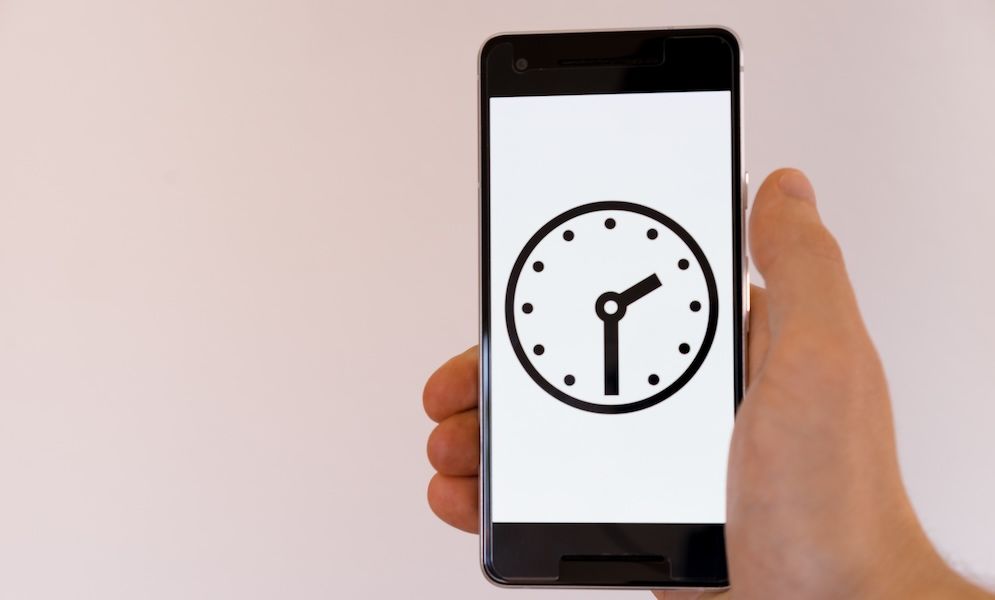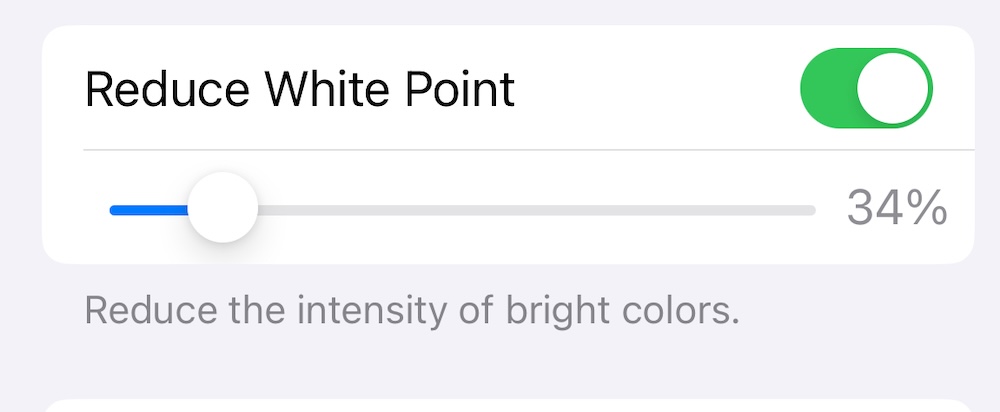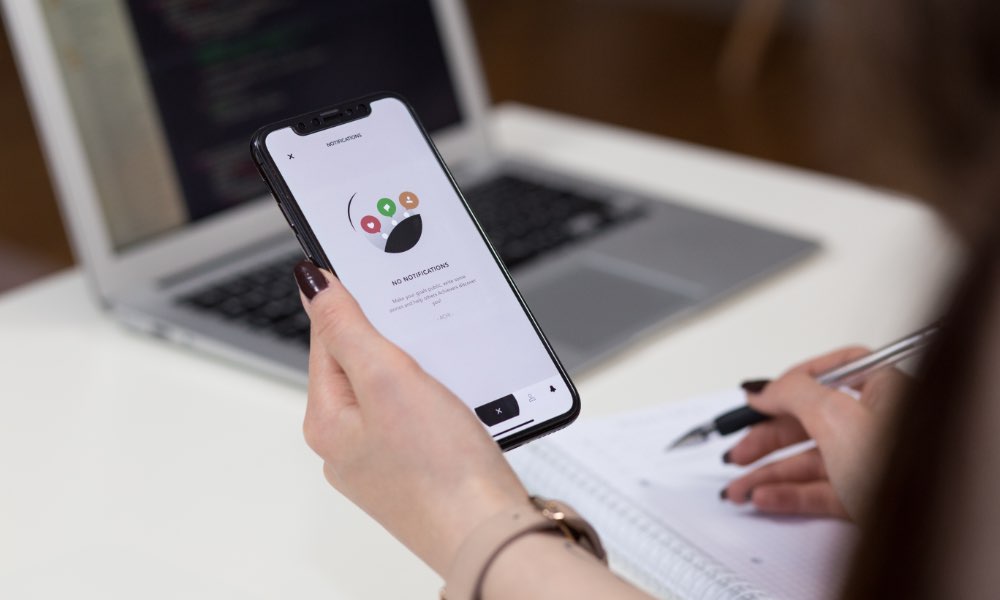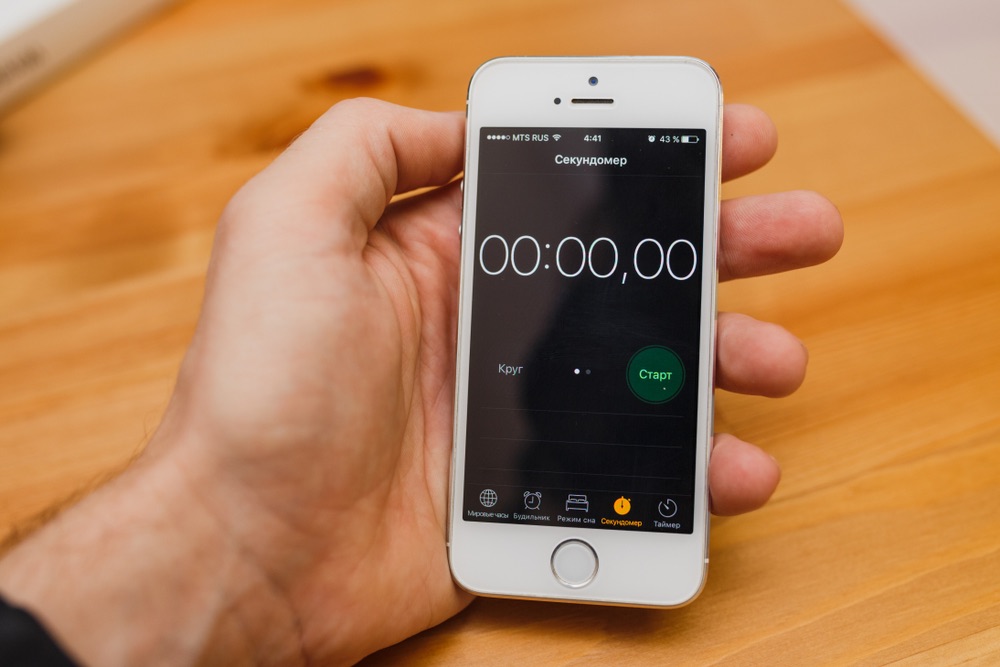7 Tips for Reducing Screen Time in 2024
 Credit: Markus Winkler / Unsplash
Credit: Markus Winkler / Unsplash
By now, we're all aware of the importance of reducing screen time. This isn't true for just your iPhone, but all tablets, smartphones, computers, and even TVs.
We were already weary of the issue before Apple introduced screen time in 2018 with iOS 12 as a parental control. However, it wasn't until we saw a glimpse of the staggering amount of time we spend on our devices that we became more informed about the consequences — and more proactive about addressing them.
Excessive screen time has a cascading effect on our physical and mental health, starting with eye strain, headaches, and disrupted sleep patterns. While we're sitting we aren't physically active, which, in turn, increases the risk of conditions like obesity, cardiovascular disease, anxiety, and depression.
Extended screen time also reduces social interaction and impedes the development of interpersonal skills. This is especially true for children. Of course, it's nearly impossible to escape screen-based activities altogether, but we can be more intentional about balancing our screen time responsibly. Here are some useful tips for adults to take control of their screen time.
Read on for seven useful tips for adults to take control of their screen time.
Reduce White Point

It's possible to reduce the intensity of bright colors on your iPhone. The setting is called Reduce White Point. I find this makes a big difference in my overall screen fatigue.
- Open the Settings app on your iPhone.
- Scroll down and select > Accessibility
- Choose Display & Text Size
- Scroll down and enable Reduce White Point.
From there, you can select a color intensity percentage. I'm happiest at 34%.
Manage Notification Settings
It's impossible to ignore our devices if they are constantly pinging us. I just looked at my phone and I have notifications from the New York Times, a missed call, my Ring doorbell, and LinkedIn...all in the last thirty minutes.
While some are necessary, others aren't. By going to Settings > Notifications, you can manage the notifications you receive for each app.
Limiting notifications to essential apps and high-priority alerts only should help reduce the temptation to pick up your phone.
Set a Timer
Setting a timer during the workday can be extremely beneficial. It sounds simple but can be tricky in practice.
Intentional 10-15 minute breaks will give your eyes and mind some rest. Using this time to connect with friends or family and hopefully take a walk can help you recharge and increase your productivity once you're back at your desk.
Remove Your Work Email from your Phone
Can you do it? Chances are you think you can't, but you can.
How often are you checking your work email after hours but doing nothing about it? Now, you're consumed with stress and anxiety. You've accomplished nothing but distracting yourself from the present.
Give it a try. You could notice a dramatic improvement in your overall happiness.
Create Phone Free Zones
How much time do you spend on your phone in places you don't need it?
Try creating a couple of "phone-free zones" in your home. Consider starting with the bathroom, bed, and dinner table. Over time, you'll lose the urge to grab your phone before walking from one room to the next.
Your sleep habits should improve and you might catch a precious moment you otherwise would have missed.
Avoid Screens while Eating
Old habits are hard to break. Imagine having your morning coffee and breakfast without your phone.
What if we spent that time 100% focused on our partner or kids instead? Maybe your house needs a "no TV during dinner" rule. Adults are busy with work and kids are busy with school.
There are often relatively few moments we share together before running to the next obligation. Try removing screens from these moments and focusing on each other.
Make it a Group Effort
Rather than simply setting and enforcing rules around screen time, find activities your family and friends can do together...without screens.
Whether it's reading a book, arts and crafts, or learning a new skill or hobby, it's much easier to replace screen time with opportunities for self-improvement or bonding time than to simply prohibit it.
Remember, the true benefits that come from reducing screen time depend on how that time gained is utilized. Connect with friends and family, exercise, read, play a board game, or plan a trip. Turning the screen off is only half the battle; it's up to you to create the kind of habits that will lead to a more balanced, fulfilling, and healthy lifestyle.







